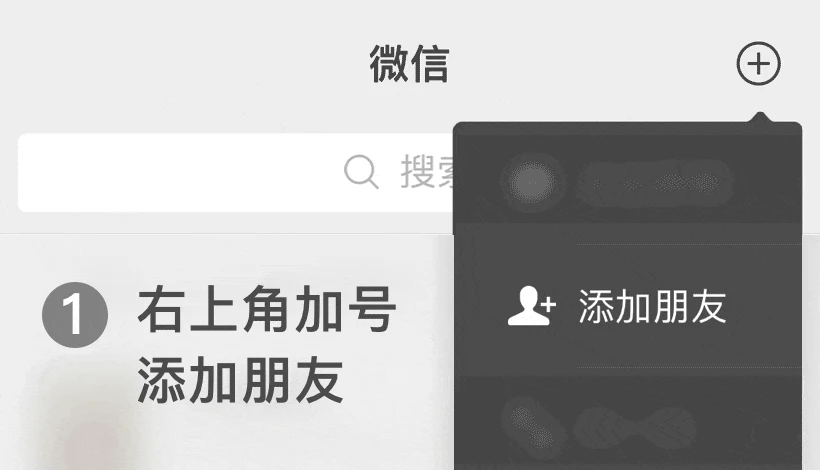
 Professional services are guaranteed
Professional services are guaranteed One on one full process guidance
One on one full process guidance Efficient and fast experience
Efficient and fast experienceCS certification is based on the national standard "Information System Construction and Service Capability Evaluation System" (GB/T 36620-2018), with the "process resource technology" three-dimensional model as the core, and a scientific and systematic evaluation framework is built around the comprehensive capabilities of enterprises. The evaluation system covers five major capability domains and 20 key capability items, aiming to comprehensively measure the maturity of enterprises in strategic planning, business operations, technology research and development, service delivery, and quality management.
1. Analysis of standard system
This evaluation system is based on the Capability Maturity Model (CMMI) and includes four major capability domains: strategic management, business operations, basic support, and improvement and innovation. It has 18 capability sub domains and 146 capability indicators, forming a complete evaluation matrix. Special emphasis is placed on:
• Strategic level digital transformation planning capability
• Process control capability throughout the entire project lifecycle
• Compliance capability for information security and data governance
• Continuous improvement capability in technological innovation and knowledge management
2. Classification of evaluation levels
The CS standard divides enterprise capabilities into five levels, from low to high:

Application suggestion:
CS1 level is suitable for start-up enterprises or enterprises in the initial stage of information construction;
CS2 level is suitable for those with certain project experience who need to enhance their market competitiveness through certification;
CS3 level is suitable for medium-sized enterprises that have formed technological advantages in specific fields and are seeking large-scale development;
CS4 level is suitable for leading enterprises in the industry, with the ability to undertake complex projects and the need to strengthen brand credibility;
The CS5 level is currently not open for evaluation (as of March 2025, the highest level that can be applied for is CS4).
1. System integration and service providers
Enterprises that provide IT infrastructure integration (such as data center construction) and industry application system integration (such as ERP, CRM).
2. Software development and technical service enterprises
Customized software development, SaaS/PaaS platform construction, technical consulting, and operation and maintenance services enterprise.
3. Specialized technology suppliers
Cloud computing (public/private cloud deployment), big data analytics, and IoT device and platform service providers.
4. Comprehensive solution provider
Design and implement comprehensive digital solutions across industries and technology fields for enterprises (such as the overall solution for smart parks).
1. Enhance market competitiveness
Advantages of bidding: CS certification is an important bonus for government, central enterprises, and large-scale project bidding (such as 10-15 additional points for CS4/CS5 levels), significantly increasing the probability of winning the bid.
Industry endorsement: Authoritative certification enhances the credibility of corporate brands and helps expand high-end customers and market share.
2. Standardize internal management
System optimization: By streamlining strategic planning, business processes, risk management, and other aspects, we promote the establishment of a standardized management system for enterprises and reduce project delay rates by over 30%.
Resource integration: Strengthen basic support capabilities such as technology, talent, and equipment, and improve service efficiency and quality.
3. Policy and resource support
Financial subsidies: Some provinces and cities provide up to 500000 yuan in subsidies to high-level enterprises;
Tax incentives: Enjoy policy dividends such as additional deduction of research and development expenses and income tax reduction;
Project access: an important threshold for participation in national projects such as smart cities and industrial Internet.
4. Enhance customer trust
Transparency of service capabilities: Certification results can be publicly queried, dispelling customers' doubts about technical strength and service quality;
Long term cooperation stickiness: Through continuous improvement mechanisms such as annual audits and supervisory evaluations, demonstrate the sustainable development capabilities of the enterprise.
5. Technical benchmark value
Industry recognition: CS4/CS5 levels represent the top level in China and can shape the image of a "technology leader";
Innovation driven: Promote independent research and digital transformation of enterprises, seize industry opportunities.
The following is a comprehensive summary of the application conditions for each level of CS (Information System Construction and Service Capability Assessment) certification, based on the latest policies and industry standards:
(I.) Basic application requirements (applicable to all levels)
• Enterprise qualifications
Having independent corporate legal personality, engaged in information system construction and service business for at least 1 year.
• Social credibility
There has been no significant record of illegal or dishonest behavior, abnormal business operations, or unfair competition in the past three years.
• Management system
It is necessary to establish a management system corresponding to the declaration level (such as strategic management, business operations, etc.) and provide relevant evidence.
• First time application restrictions
The initial application level shall not be higher than CS2 level (basic level), and subsequent upgrades can be made step by step, without crossing levels.
(II.) Specific application requirements for each level

1. Basic qualification documents
• Business license
Copy of Business License of Enterprise Legal Person (stamped with official seal).
• Financial proof
Audit reports for the past three years (including balance sheet, income statement, and cash flow statement).
2. Project and Capability Proof
• Project Cases
3-5 typical information system construction/service contracts (with acceptance reports and user evaluations attached).
• Technical capability
Proof materials such as patents, software copyrights, and technology certifications.
3. Personnel and institutional documents
• Team certification
List of technical personnel (including education and professional title certificates) and social security certificates for the past 3 months.
• Management system
Enterprise management system documents (such as project management, quality control, information security system).
4. Other necessary materials
Declaration and Commitment
Written commitment to the authenticity of the materials and the absence of any illegal or irregular records.
• Self evaluation report
Compare the CS evaluation criteria and explain the enterprise's ability to meet the standards one by one.
precautions
Material timeliness: All documents must be within their validity period (such as the audit report being within the past three years).
Format requirements: Copies must be stamped with official seals, and contract materials must reflect key information (such as amount, signature page, etc.).
Consultation assistance: It is recommended to contact the evaluation agency or professional consultant in advance to ensure that the materials meet the latest standards
The CS certification process is rigorous and hierarchical. The following is a complete evaluation process and key link analysis, suitable for enterprise application reference:




Wechat ID:Siterui888888
Add a wechat friend to get free plans and quotations


 Contact
Contact




 定制化解决方案
定制化解决方案 专业咨询指导
专业咨询指导 透明化服务
透明化服务 长期顾问式合作
长期顾问式合作